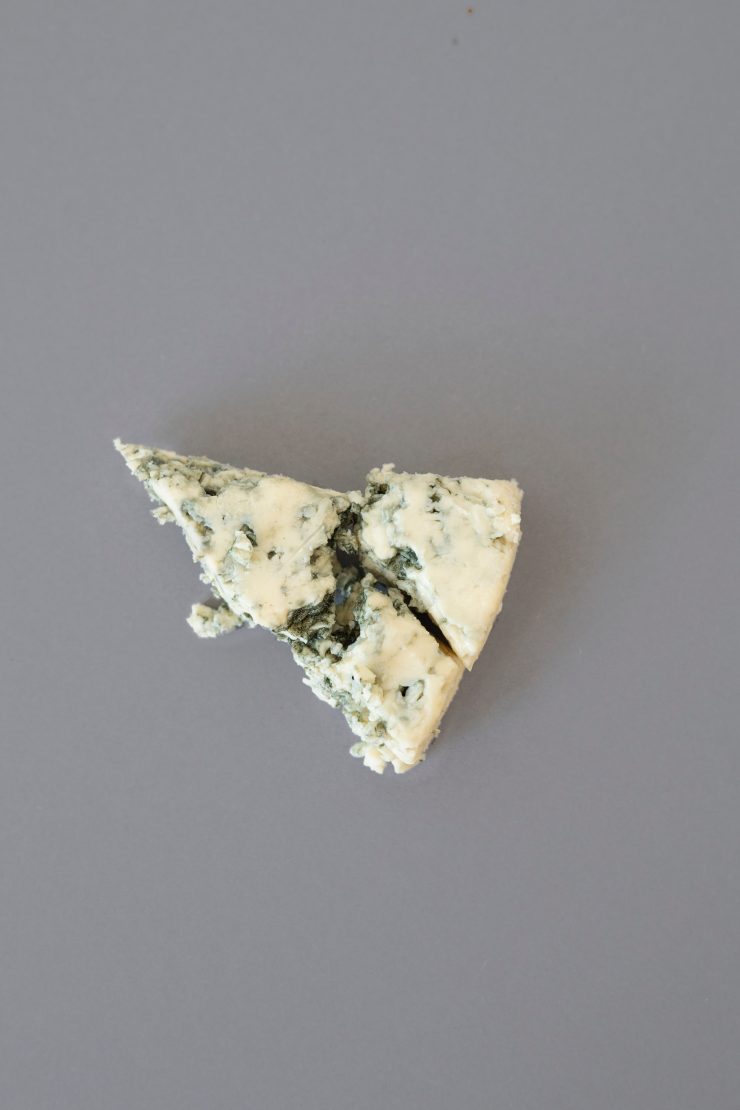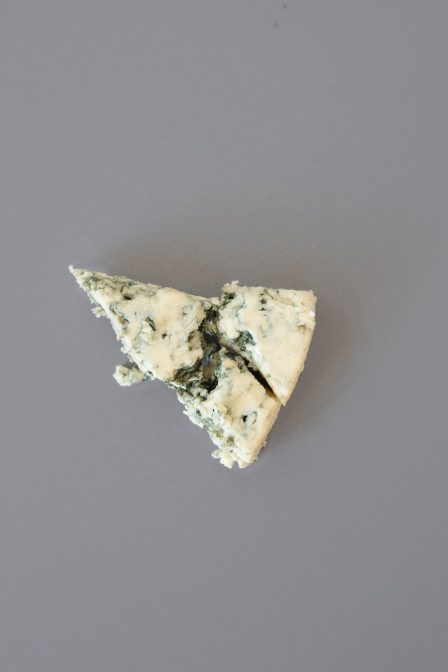#Collaborative post
Now that you have to eat for two, you probably care a lot more about picking healthy options so that you can feel well and give your growing baby the best start possible. However, it is equally crucial to know what to avoid during pregnancy, no matter whether the pregnancy came about due to a natural process or you had help with IVF and EmbryoGlue – the baby needs to be cared for in the same way.
Your baby will benefit from the healthy nutrients you eat, but they may become ill from eating some foods that contain bacteria that cause illness. If you or your unborn child could be harmed by eating certain foods, it’s safer to stay away from them altogether while you’re pregnant. Read on to find out more.

High Mercury Fish
Mercury’s toxicity levels are among the highest of all elements. It is typically found in polluted water, and there is no established safe amount of exposure to it. High doses are harmful to the kidneys, immunological system, and central nervous system. Mercury can potentially have a significant negative impact on children’s development, even at lower exposure levels.
Large marine fish can accumulate significant levels of mercury since it is found in polluted environments. Therefore, pregnant and nursing women should limit their consumption of seafood high in mercury, which would include swordfish, tuna, and marlin.
Unpasteurised Dairy Products
While many types of dairy are encouraged during pregnancy, there are several that should be avoided. You can contract listeria by ingesting unpasteurized milk or certain cheeses like camembert, brie, and blue cheese like Danish blue, gorgonzola, and Roquefort.
Soft cheeses manufactured with pasteurised milk and hard cheeses like cheddar, parmesan, and stilton are safe to eat. Goats cheese, along with feta, mozzarella, cottage cheese, ricotta, and halloumi, are among the safest cheeses to eat during pregnancy.
Alcohol
Plan to drink a mocktail or fruit juice spritzer to celebrate happy events for the next 40 weeks or so. Even if you’ve heard that drinking alcohol once in a while is fine, it’s best to be safe when you’re pregnant.
This is because your baby’s bloodstream gets the same amount of alcohol as yours, and it takes twice as long to get rid of it. This means that whatever you drink, so does your baby.
Raw Eggs
Eggs are very healthy, but you shouldn’t eat them raw or barely cooked because they might have salmonella in them. Most of the time, it’s best to avoid foods like raw baking batter, homemade Hollandaise sauce, Caesar dressing, and eggnog that have raw or partly cooked eggs in them.
Caffeine
If you were a daily triple-shot latte addict before pregnancy, you might want to consider switching to a decaf option.
Your doctor might let you have a small cup of coffee every day while you’re pregnant, but you shouldn’t get more than 200 milligrammes of caffeine a day. Too much caffeine can also make it harder for your body to take in iron, which can lead to anemia. Remember that coffee is not the only drink that has caffeine in it; tea has a lot, and so do energy drinks. Most soft drinks contain some too.


